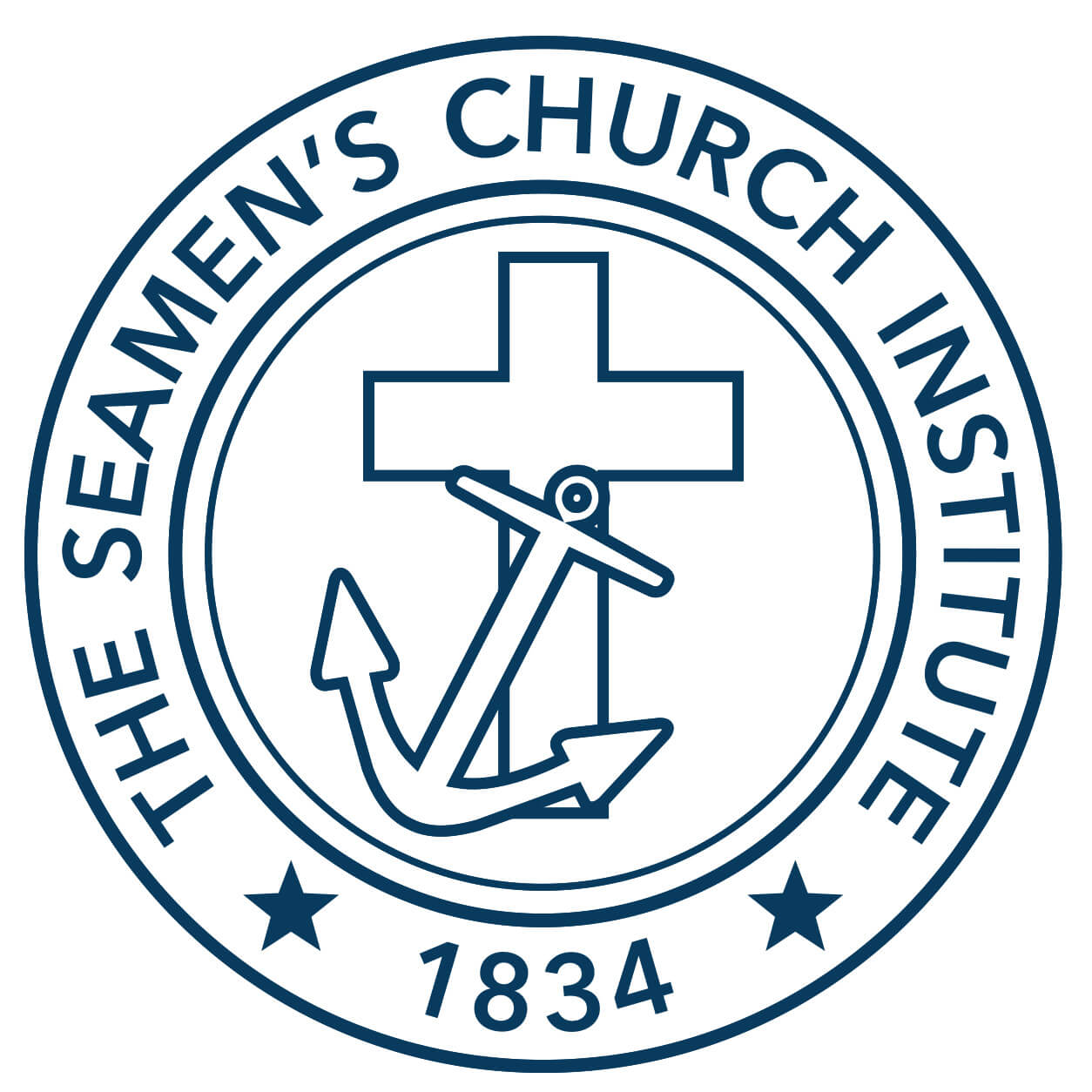From The Engine Room: Myra


By Chaplain Michelle McWilliams


I was busy selling SIM cards to the deck crew in the ship’s office on the Cosco Philippines. Some seafarers called down to the engine room and reported that three others were interested in buying and would make their way to the deck. After they bought their SIM cards, they started leaving the room. One stayed behind a bit; her name was Myra, and she took a seat next to me. I asked her if she was the only woman onboard. She replied, “Yes! And I’m so glad to see you!”
Years ago, I once had a chief engineer explain to me that the engine department is no place for a woman. Ours is a male-dominated industry, and such dogmatic opinions are not uncommon. So, Myra and I started talking. We discussed the challenges that come with working in seafaring, and she confided that she has been having a difficult time in the engine room with some of her peers. She was made to feel like she was only taking up space. I wasn’t surprised to hear her experience in the engine room was not as welcoming or conducive as she had hoped.
However, I was surprised by her ability to continue working with such stride. Part of her strength seemed to be cultural. Myra grew up in India and attended a maritime college close to home. Her experience on the ship was not the first time she had faced gender discrimination. To me, her current difficulty was that she was made to feel isolated on a ship, traveling port to port with no shore leave and no nearby support. And yet, I admired that she remained so positive and focused on her work throughout her contract. This was the career she wanted.
The next time I saw Myra, there was a 180-degree change. She seemed so much more confident, comfortable, and entirely in her element. Myra would be signing off in less than two months, and a new chief engineer and second engineer had joined the vessel. Myra thanked me for listening and providing the support she lacked during the earlier part of her challenging contract. As an experienced chaplain, I understood her feelings and could ask the right questions; I could help Myra feel seen and heard.
We said our goodbyes that day, knowing the vessel was due back in Port Elizabeth, NJ, in two months. Knowing that these kinds of onboard interactions have the potential to intensify, I wanted to make sure we stayed in touch. I gave her my work WhatsApp to reach out if she wanted to talk, and in fact, I would hear from Myra every couple of weeks. She didn’t have to feel isolated. In me, she had someone to talk to and who understood.
As chaplains, this is our duty. We provide compassion and understanding to seafarers who work in strenuous and isolated environments for long periods. It’s what makes SCI ministry so unique and why it has such profound impact.
